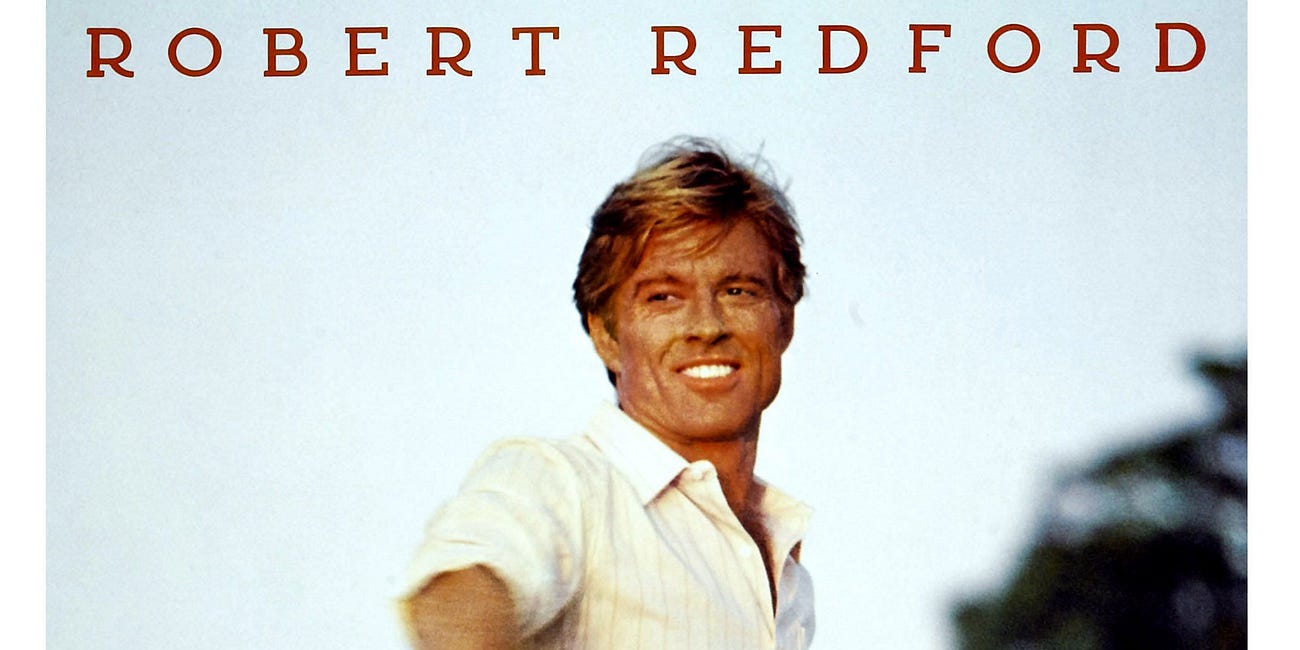For Pete’s Sake, Put Rose in Baseball’s Hall of Fame
Randy Goertzen runs the bases for the Cincinnati Reds’ legendary player
Pete Rose died on October 1, 2024 from complications of heart disease and diabetes. He was 83 years old. Rose played 24 seasons, mostly with the Cincinnati Reds and also with the Philadelphia Phillies.
As a baseball-loving kid growing up in the Midwest during the Sixties and Seventies “Charlie Hustle” was a hero of mine. I came from a hard-working, blue collar family with a dad that carried his lunch box to work everyday. Pete Rose embodied the qualities I admired. Despite his obvious athleticism, Rose didn’t necessarily look like a finely tuned athlete. He was stocky and a bit thick around the middle. He was built like a good ‘ole country boy. Combine this with a toothy grin and that Dutch Boy haircut and he looked like a regular Joe. This added to his middle class appeal. He inspired me to believe that, by having a dream and working hard, I could achieve anything, even if I wasn’t the most talented and gifted person on the field.
Pete Rose sprinted to first base after a walk. Nobody else did. His diving, head-first slides into a base with total abandon were signatures of his style of play. That and his iconic, crouched batting stance from both sides of the plate—Pete Rose was coiled like a cobra, ready to strike and likely hit a pitch to his liking.
Pete Rose’s stats tell a story of a man obsessed with the game he loved. He was singular of purpose, willing to do anything in his power to beat you that day. Period. He was never satisfied with one or several hits in a game. He played as if he wanted and expected to get a hit in every at bat. This approach is difficult to maintain, especially over a 162-game season and nearly 25-year Major League baseball (MLB) career.
Baseball is a game of failure. You’re considered a Hall of Fame-worthy hitter if you hit for a .300 batting average over the course of a career. This means you will fail seven out of 10 times. Yet, with those odds, Pete Rose maintained his can-do attitude. As a high school baseball coach, I encourage this attitude but it’s the rare individual who possesses it.
He is still to this day the all-time MLB career hits leader with 4,256. He played in 3,562 games, also a MLB record. He was 1963’s National League Rookie of the Year and three-time batting champion and a 17-time All-Star. He was the National League’s Most Valuable Player (MVP) in 1973, 1975’s World Series MVP, and a three-time World Series champion.
Rose was banned from Major League baseball for life for betting on the Cincinnati Reds to win while playing and managing the Reds from 1985 through 1987. Is this a character flaw? Yes; betting on games is strictly forbidden to players, coaches, umpires and management personnel. The biggest moral dilemma is that Rose never disclosed that he bet on baseball. He probably would not have bet while playing because he clearly knew betting is in direct violation of MLB Rule 21.Nor did Rose reveal the betting for nearly 20 years after he was banned from baseball. By not confessing the whole truth, he lied to himself and to the world. In fact, Pete Rose said that betting itself is not morally wrong and I think he’s correct. Does this excuse Rose for betting on games? Certainly not. But consider today’s prevalence of betting on sports, which has quickly gained in a few short years. Betting is everywhere you turn. One can bet on every aspect of a game in any sport on demand.
Pete Rose’s lifetime ban from baseball precludes Rose ever being elected into MLB’s Hall of Fame. This can be overturned but the ban currently stands even after his death. Does Rose belong in baseball’s Hall of Fame? His on-field record proclaims a resounding Yes. As a knowledgable, longtime baseball fan, my opinion is that, despite his betting on games, he deserves a plaque in Cooperstown. Not to include him among the game’s greatest players would be a travesty. Put an asterisk on the plaque if you must. Pete “Charlie Hustle” Rose belongs in the Hall of Fame.
Related Links, Articles and Episodes
Movies: Coda (2021)
Apple’s original 2021 movie and Best Picture Oscar winner, Coda, treats the audience to an inspirational story with great acting and dialogue. In an age of mass market, special effects-driven movies, Coda entertains. I enjoyed it.
Series Review: Jackie Robinson on PBS
This two-part documentary, originally shown five years ago on PBS, leaves gaps as it informs. A narrator sets forth facts of Jackie Robinson’s life and provides the context for the next few hours. Viewers learn essential information about Robinson, including batting averages, business deals and performance on the baseball field.
Thursday with Robert Redford
The conflict of director Barry Levinson’s dreamlike The Natural is the good versus the beguiling. This unusual motion picture is a mythical dramatization of the baseball player. The 1984 film is neither gritty nor modern. Like any good sports movie, especially the baseball movie, this is a fable. But, despite any flaws, it’s better than fabulous. Embellished and stylized,
Book Review: Clemente
Roberto Clemente’s life and career is an epic tale. Puerto Rican Clemente played Major League baseball for the National League’s Pittsburgh Pirates in record-breaking home runs, hits, games, championships and World Series. Clemente’s life, which ended on New Year’s Eve in a 1972 plane crash that shocked the nation, is simply larger than life. David Maraniss, a journalist for the
Exclusive: ‘Roberto Clemente in Retrospect’
When I added Points in Pittsburgh to Autonomia’s featured revolving series this first year, I knew some readers might wonder why. When I think of larger than life heroes, which is part of this publication’s purpose to explore, the city of bridges comes to mind. This makes me happy to share with you, dear founding or paid subscriber, a link to my exclusive cover story for Pittsburgh’s top magazine.
Book Review: Clemente: The True Legacy of an Undying Hero
Every Pittsburgh Pirates and Roberto Clemente fan ought to own this exquisite coffee table book about Roberto Clemente, who was born on this date in 1934. Except for two glaring flaws, the book’s binding, paper and photographic quality yield an impeccable collection of some of the most glorious pictures, thoughts and records of the late athlete available. Clemente was a father, husband, Pittsburgher, Puerto Rican and U.S. Marine Corps reservist.











